Amongst the many different new films and retrospectives, some were in competition and also included debuts by new filmmakers. The East of the West Competition section consisted mostly of debut films from Eastern Europe and beyond, taking in a geographical panorama from Estonia: The End of the Chain (Keti lõpp) and The Man Who Looks Like Me (Minu näoga onu) to Azerbaijan: Pomegranate Orchard (Nar baği). As one would expect, the 12 films (which also included: Absence of Closeness (Absence blízkosti), Czech Republic; Nina, Slovak Republic-Czech Republic; and The Stone (Taş), Turkey) in this competition varied greatly, but all were intriguing in one way or another and had loose themes of alienation, journeys and relationships.
Unwanted (T’padashtun) is a Kosovo-Netherlands production, directed by Edon Rizvanolli. An unsettled teenager called Alban lives in Amsterdam with his mother Zana, who had left Kosovo during the war in the Balkans in the 1990s. The course of the film will explain why she had left, his unruly behavior and the problems the family has encountered, namely displacement. After starting employment in a bike shop, Alban meets and soon starts dating a sensitive young woman called Ana. Initially affectionate and aware of their somewhat opposing backgrounds, still neither of them foresees that scars surfacing from the generation before them. An excellent first feature from Rizvanolli lingers in the mind afterwards, not just because it is an all-too-uncomfortable reminder of what took place in the Kosovo in the 90s, but also because the direction of a potentially complex story is unfolded with clarity and maturity. The characters are engaging and sympathetic, while the director reminds us of how painful the forgiving, forgetting and reconciling with family and a former nation (Yugoslavia) can be after such repressed horrors and the permanent scars of war that displaces and alienate many generations.
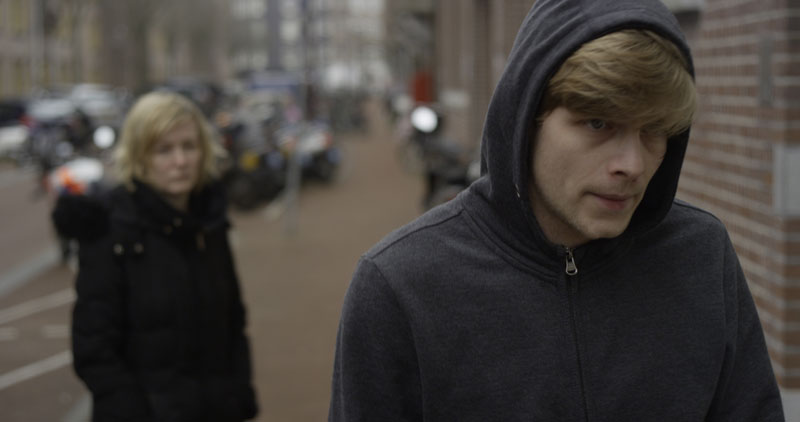
Unwanted (T’padashtun) (Edon Rizvanolli, 2017)
Falling (Strimholov) is also a first film, by Marina Stepanska, that further looks at the idea of alienation in a young couple, this time on home ground in post-revolutionary Ukraine. Both Anton and Katia are initially involved in casual, expedient and ultimately short-term unrewarding relationships. Anton has low self-esteem and seems non-committed to anything in life while looking after his grandfather in a remote house in a forest which is continually threatened by illegal deforestation hoodlums. Pretty Katia has an artistic German boyfriend who wants to take her to live in Berlin but she is indifferent to the idea and to him. One night in Kiev, a chance encounter outside a nightclub brings Anton and Katia together briefly. As they both have company close by they miss the opportunity to exchange contacts, him telling her to meet up at a designated location afterwards. This meeting goes astray but Katia spots Anton a few days later.
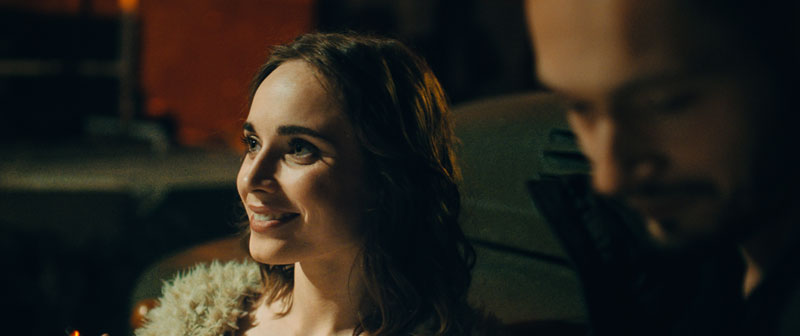
Falling (Strimholov) (Marina Stepanska, 2017)
Though this is a similarly exemplary low-profile (even lo-fidelity) minimal slice-of-life narrative that is to be found in many festival films of the New World since the millennium, Falling is easily one of the better ones. The director seems to really care about the characters and therefore so we do too. The hypnotic acting by the three leads (including the grandfather) makes for an insight into generational attitudes, the uncertainty and fragility of a new relationship and just enough minor plots to carry the narrative for the duration of the film.
From Russia, and Best Film Winner for director Alexander Hant in the East of the West section, How Viktor “the Garlic” Took Alexey “the Stud” to the Nursing Home (Kak Vitka Chesnok vez Lecha Shtyrya v dom invalidov), is certainly an unusual take on the road movie. The anchor point premise is a father and son taking the indirect route to forming a level of understanding with each other whilst avoiding any of the sentimentally that is normally associated with this kind of subject matter. The film is perhaps not for all tastes with its fast-pacing along with anarchic and comedic moments, sometimes bordering on the implausible. However, though little serenity to be found here in the assortment of odd and wild characters from the nether regions of society, it also belies the sympathetic portrayal of these people and consistently keeps the energy high with self-conscious ironic commentary and dialogue.
The Special Jury Prize went to Dede by Mariam Khatchvani for yet another powerful debut film. This panoramic co-production of Georgia, Qatar, Ireland, the Netherlands and Croatia begins in 1992 and follows an episodic chronology to the end of the 1990s, portraying how young Dina from Svaneti, a remote mountain village in northwestern Georgia, suffers from the patriarchal way of life unchanged for centuries. Dina’s grandfather arranges her marriage to David, who has returned from war, but Dina falls in love with his comrade-in-arms, the handsome Gegi, which leads to conflict, suicide and her condemnation. Her young son nearly dies as a result of being separated from his mother and the stubbornness of using healing powers over contemporary medicine. Her sad struggle continues to the end of the film as she attempts to escape. Mariam Khatchvani was born in the region the film is set so it is very personal for her. Despite all the pessimism and misery that the traditional and isolated community values bring towards its own self-destruction, Dede manages to be a humbly powerful and memorable film. The acting is natural and of a high standard, making the powerful direction seemingly effortless, the involvement of many countries seemingly raising the production levels.
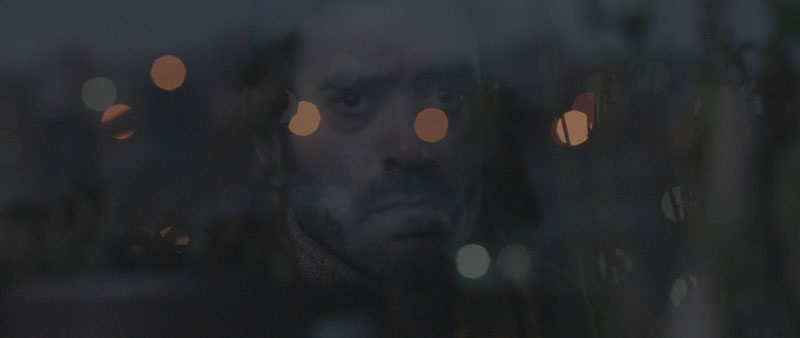
Blue Silence (Bülent Öztürk, 2017)
The FEDEORA (Federation of Film Critics of Europe and the Mediterranean) also gave two awards in this section. They awarded Best film to Marita (from Romania), another road film, directed by Cristi Iftime. Costi, a 30-year-old of divorced parents, comes up with the idea of a surprise reunion for his parents so persuades his father to travel with him to meet his mother and siblings. They take the old family car, which inspires the film’s title. The car journey becomes a road to self-awareness and realization as Costi will gradually get to know his family much more. The simple premise is dealt with delicately and engagingly, giving the film genuine charm.
The Special Mention of FEDEORA went to Blue Silence (Turkey-Belgium), directed by Bülent Öztürk. Hakan has just been released from a military hospital after treatment for a past trauma and subsequently tries to live a normal life and connect with his daughter. Progressively the film focuses on Hakan’s struggles and his attempts to build up confidence in his life again. It deservedly got a Special Mention for its mature performances and well-crafted production values.

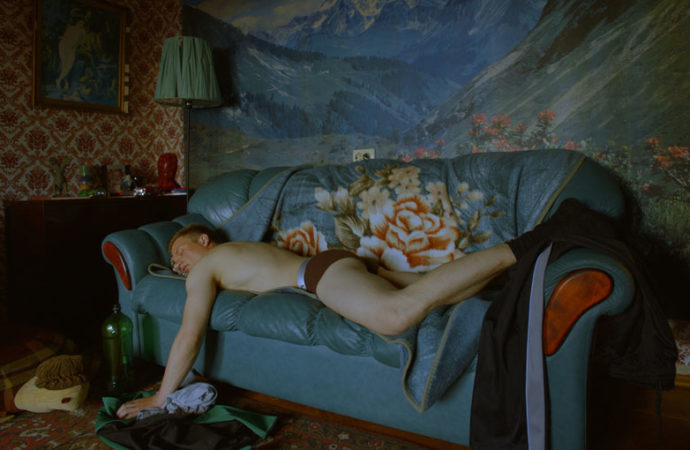

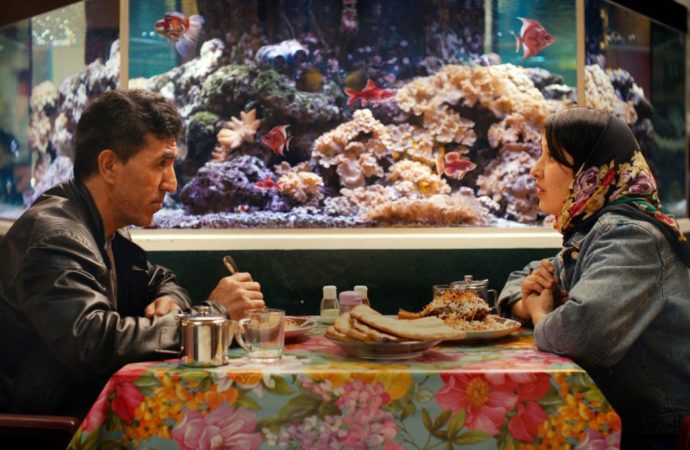

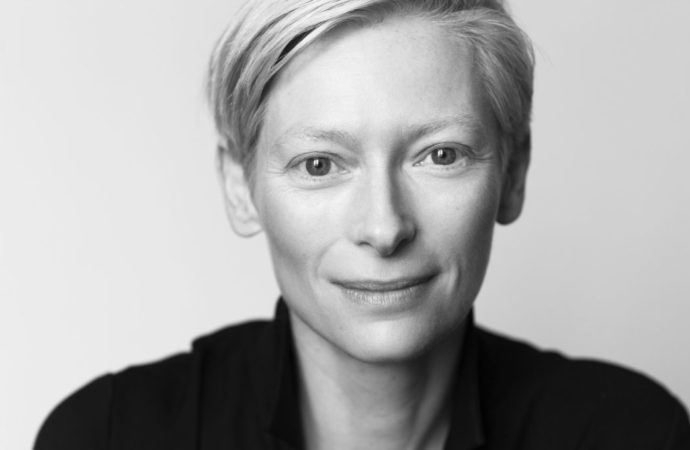
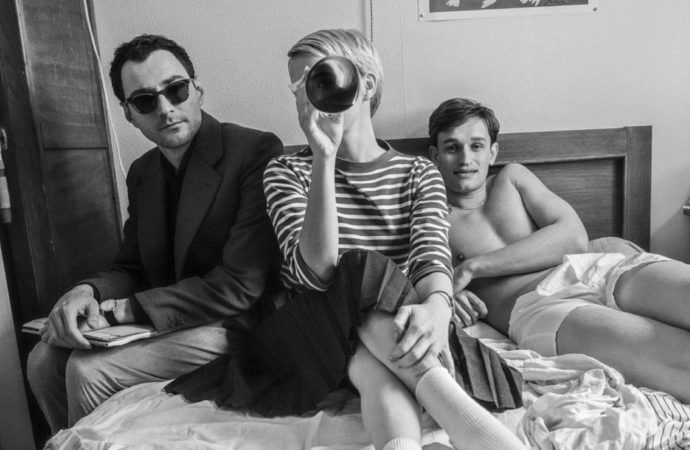
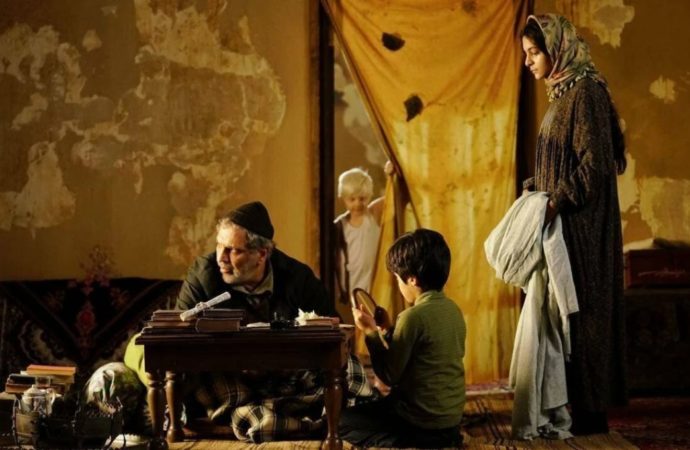
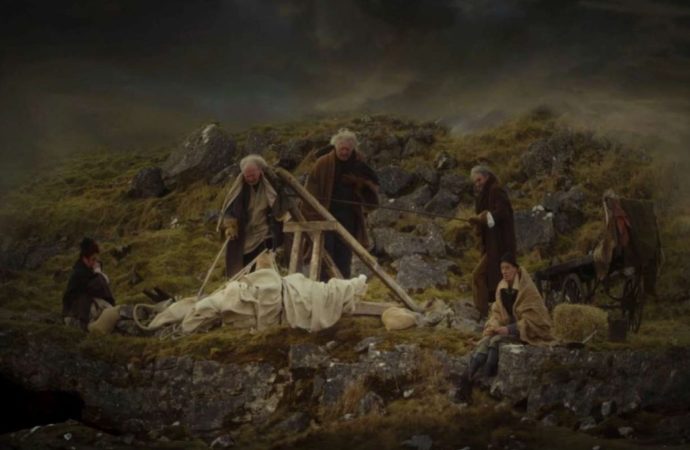
No one has posted any comments yet. Be the first person!